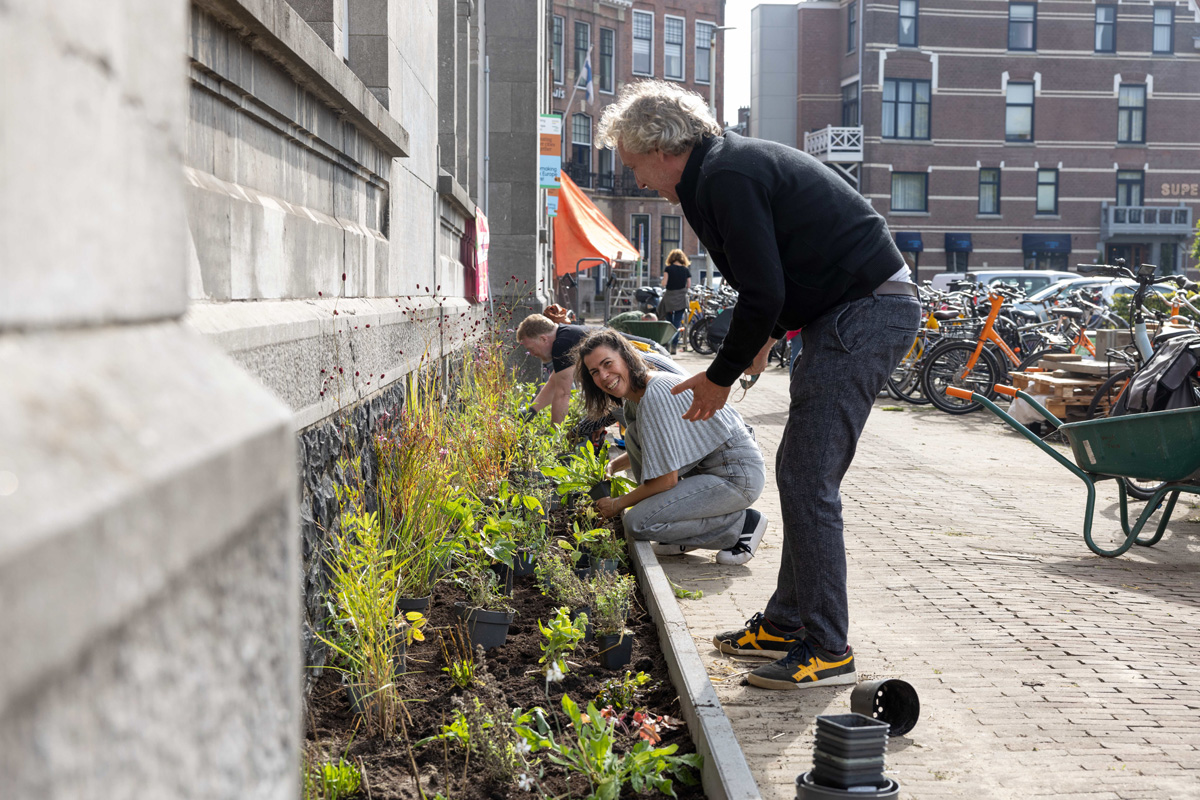Community-based initiatives are collective action processes that emerge from within communities. They are conceived, led, and managed by community members. These initiatives rely on local knowledge, trust-based relationships, and available resources to generate contextualised, inclusive, and sustainable responses to urban challenges.
This approach focuses on strengthening local capacities instead of depending on external interventions. It is grounded in values such as solidarity, autonomy, and democratic participation and promotes grassroots, collective-driven social transformation.
